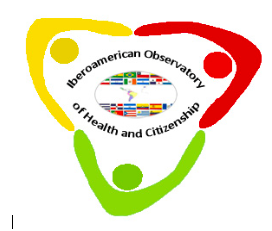Sexual Function, Body Image and Quality of Life of Women with Advanced Cancer
por IOHC
—
última modificação
19/10/2022 09h58
Abstract - Background Few studies have focused exclusively on the sexuality and body image of
women with advanced cancer and the physical and emotional impact of cancer treatment
on sexual function.
Objective This study aimed to examine sexual dysfunction, quality of life (QOL) and body
image in women with stage III-IV breast, colorectal, and gynecologic cancer.
Methods Sixty women completed the Female Sexual Function Index, the Body Image
Scale, the European Organization for Research and Treatment of Cancer Quality of Life
Questionnaire and the Beck Depression Inventory. A Spearman correlation test was conducted to examine the associations among scale scores.
Results Body image problems were inversely associated with global QOL (rs= − 0.357,
p= 0.006) and functional scores (rs = − 0.489, p < 0.001), and positively associated with cancer symptom severity (rs= 0.394, p= 0.002). Body image problems were inversely associated with satisfaction with sexual life for both sexually active (rs= − 0.576, p= 0.005) and
inactive women (rs= − 0.377, p= 0.023). In sexually active women, poor body image was
inversely associated with sexual function (rs= − 0.544, p= 0.009), but unrelated to global
QOL (rs= 0.304, p= 0.181).
Conclusions More than quantifying sexual dysfunction, it is important to understand the
reasons for disruption in sexual activity. The absence of an association between sexual
function and QOL and the association between body image and QOL suggest that QOL
and sexual function are distinct experiences, and that QOL scales are not enough to detect
treatment-induced sexual changes, which are not addressed by health professionals.
Keywords Cancer · Sexuality · Advanced cancer · Sexual dysfunction · Women ·
Portugal

 Sexual Function, Body Image and Quality of Life of Women with Advanced Cancer.pdf
Sexual Function, Body Image and Quality of Life of Women with Advanced Cancer.pdf